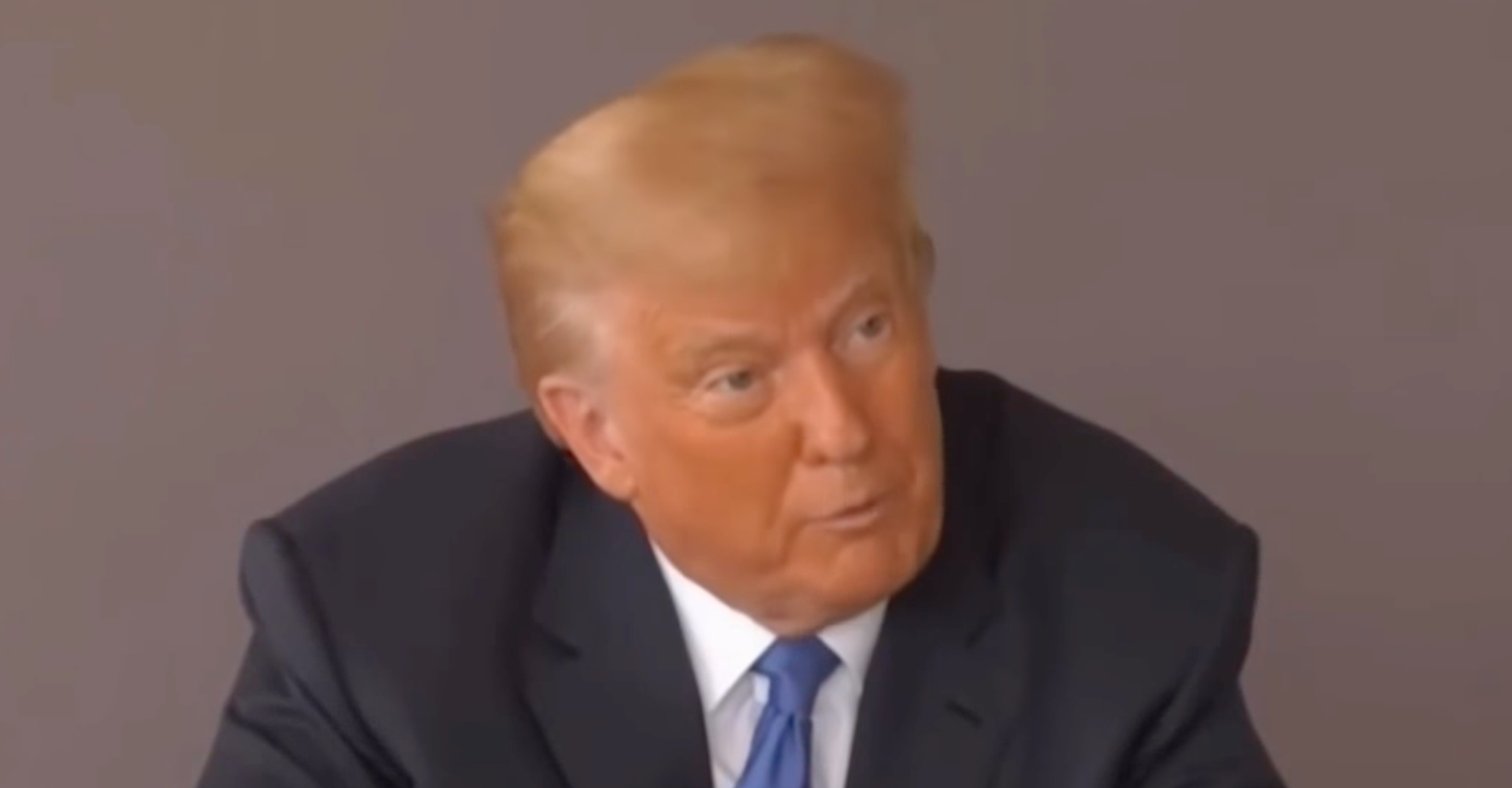During oral arguments regarding Colorado’s decision to remove Donald Trump from the ballot under the “Insurrection Clause,” Justice Clarence Thomas questioned the attorney representing Colorado voters about the state’s authority to disqualify national candidates.
Thomas pressed for examples of states disqualifying national candidates, but the attorney was unable to provide any, citing historical changes in election processes.
Thomas said, “But would seem that — particularly after Reconstruction and after the Compromise of 1877 and during the period of Redeemers — that you would have that kind of conflict. There were a plethora of Confederates still around. There were any number of people who would continue to either run for state offices or national offices.”
Supreme Court Justice Clarence Thomas EVICERATES Colorado attorney Jason Murray during Donald Trump's 14th Amendment hearing at SCOTUS.
Thomas – "What are the examples?"
Murray – Provides no examples.
Thomas – "Do you have any examples of this?"
Murray – Still no examples. pic.twitter.com/fkiRvkKnvb
— Conservative Brief (@ConservBrief) February 8, 2024
He added that this would “suggest that there would at least be a few examples of national candidates being disqualified.”
Jason Murray, the lawyer representing Colorado voters, replied, “Well, there were certainly national candidates who are disqualified by Congress refusing to seat them.”
“Other than the example I gave, no,” he continued.
Thomas asked, “What was the purpose of Section Three? States were sending people — the concern was that the former Confederate states would continue being bad actors.”
“And the effort was to prevent them from doing this and you’re saying that well, this also authorized states to disqualify candidates. So what I’m asking you for, if you are right, what are the examples?” he repeated.
“Your Honor, the examples are states excluded many candidates for state office, individuals holding state offices. We have a number of published cases of states,” answered Murray.
Thomas said, “I understand the states controlling state elections and state positions. What we are talking about here are national candidates.”
“And what I would like to know is, do you have any examples of this?” Thomas asked again.
Chief Justice John Roberts also expressed skepticism, emphasizing that the Fourteenth Amendment aimed to restrict state power and suggesting that state authorization to enforce the presidential election process would contradict this purpose.
Roberts said, “Look at Justice Thomas’s questions sort of from the 30,000 foot level. I mean, the whole point of the Fourteenth Amendment was to restrict state power. Right? States shall not abridge privileges or immunities. They won’t deprive people of property without due process, and they won’t deny equal protection. On the other hand, it augmented federal power under Section Five. Congress has the power to enforce it.”
“So wouldn’t that be the last place that you’d look for authorization for the states, including Confederate states, to enforce implicitly authorized to enforce the presidential election process? asked Roberts.
“That seems to be a position that is at war with the whole thrust of the Fourteenth Amendment and very ahistorical,” he added.
The case is Trump v. Anderson, No. 23-719 in the Supreme Court of the United States.
Most Popular:
Jury Delivers Verdict in Case of Anti-Trump Prosecutor
Biden Snaps On Live TV — His Most Alarming Flub Yet


